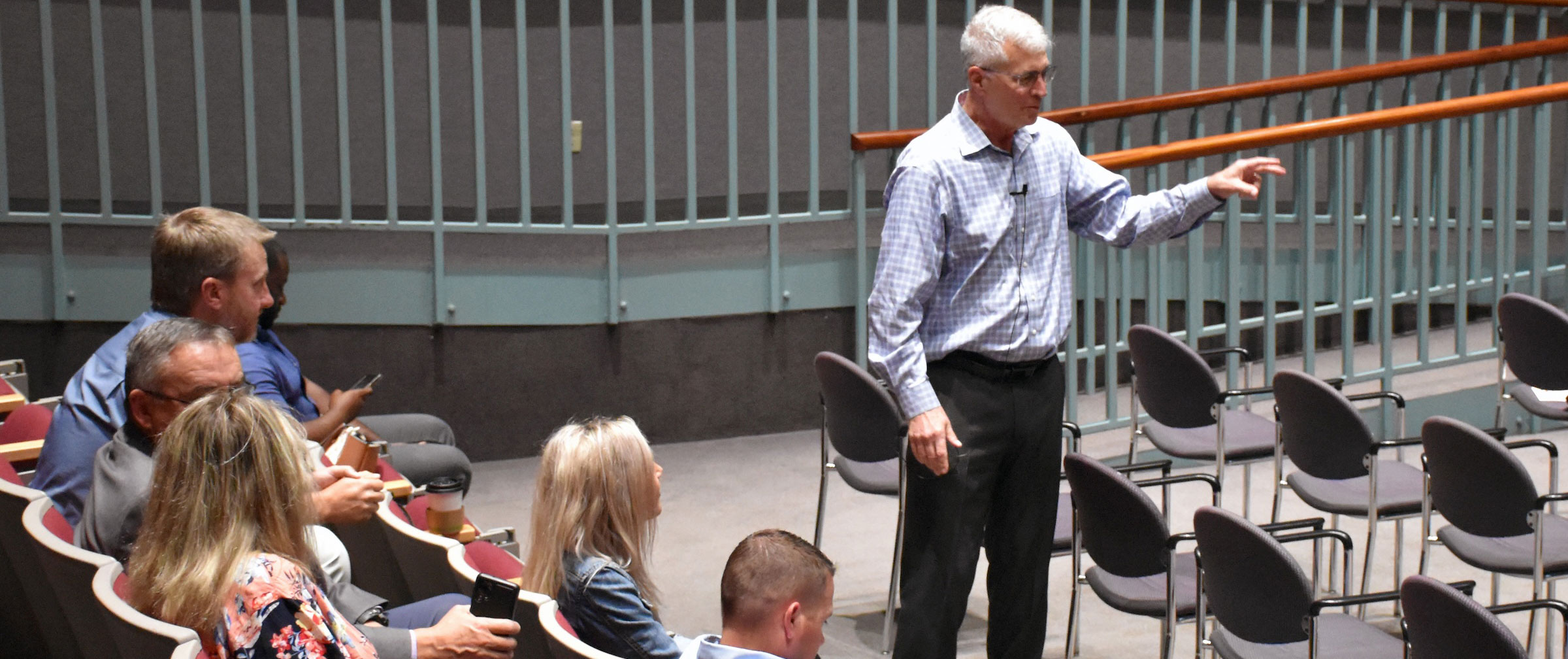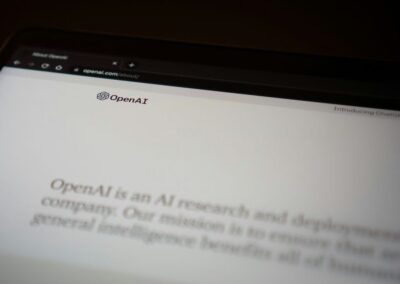A great cause that needs to go further
We have seen a great deal of progress in getting the patient more involved with his/her health through the process of health literacy. As defined by HHS almost ten years ago, health literacy is “the degree to which individuals have the capacity to obtain, process, and understand health information to make appropriate health decisions”.
In 2013, the Institute of Medicine further outlined three priorities in health literacy:
- Provide everyone with access to accurate and actionable health information
- Deliver person-centered health information and services
- Support lifelong learning and skills to promote good health
We have seen numerous local, regional and national efforts toward the achievement of these goals. Key components of health literacy programs include knowledge of the individual’s health and risk factors, knowledge of insurance, interaction with health care providers, and a better understanding and utilization of social media.
At first glance, these efforts seem to be an elucidation of the obvious. Of course, the patient should be very involved with his/her care. After all, the patient is the one with the medical condition and the patient is the one who will be the recipient of the management and treatment. Over my career it was striking to hear so many patients tell me, “whatever you say, doc”. Why would so many patients completely defer to me, a third party, the decision to do some potentially very invasive, and sometimes disfiguring things to their bodies? Even if I may be the “expert” in the matter. Why should I bear that responsibility alone?
Maybe I am simplistic, but shouldn’t the patient take primary responsibility for his/her health and welfare? Certainly, any efforts at true population management are doomed to failure if the patient does not assume a key role in the process.
So, toward that end, I obviously support efforts at health literacy. After all, knowledge is the first step in informed decision-making. At least in theory, the more knowledge shared amongst all stakeholders, the better the outcome.
But that is only the beginning. Knowledge is a great initial step, but knowledge in itself does not guarantee a favorable outcome. Present efforts in health literacy have focused on the first part of the HHS definition, “the degree to which individuals have the capacity to obtain, process, and understand health information”. Now we need to get to the third part of that definition “and make the appropriate health care decisions”.
The clinical outcome is the endpoint of a series of decisions and actions. Therefore, health literacy, although a very welcome addition to health care, must go farther.
Health literacy must progress to health actuation.
The entire health care team– the patient, the caregivers, the entire system– must engage and use this information together. We must work a team to ensure the best outcome. But within this team, the patient must play a key role, and maybe, the most critical role.
The knowledgeable patient must progress to an influential member of the health care decision-making team. You and I will be better physicians if the patient is not only health literate, but also health actuated. We will get better outcomes with the patient working with the team.
Let’s move from health literacy to health actuation.
Let’s move ahead. Especially you, the patient!




